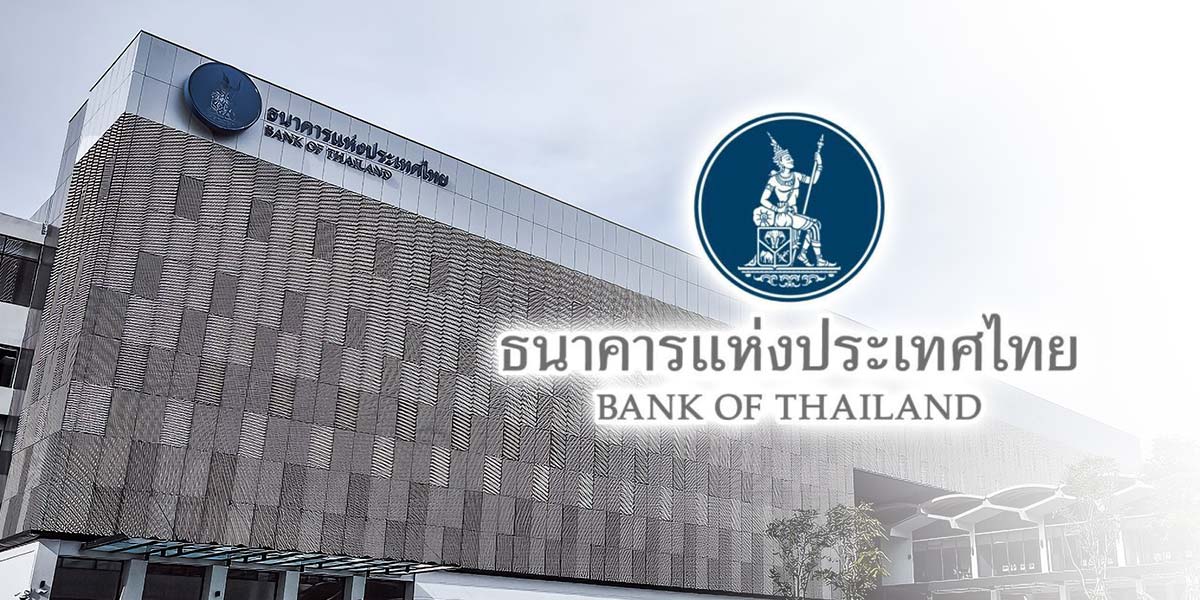All eyes are on the Thai central bank as the selection of its new governor came closer to the conclusion. However, many are concerned with the future prospect of the bank’s autonomy, especially with the possibility of government pressure.
On June 24, the Bank of Thailand Governor Selection Board nominated two out of six candidates for the selection of the new BOT governor. These shortlisted names include:
- Mr. Withai Rattanakorn, Director of the Government Savings Bank (GSB), who was supported by politicians. He was chosen for his role in the push for Social Bank, bringing the GSB into the Non-Bank business, and supporting the current administration’s household debt resolution.
- Dr. Rung Posayanont Mallikamas, Deputy Governor for Financial Institution Stability, who has the support of bankers. She was selected for her understanding of the banking industry.
Candidate’s profiles will be presented to the Ministry of Finance for consideration and selection of the final candidate before presenting it to the Cabinet.
Sources are saying that popularity for Rung is overtaking Withai, however, the latter could make another push for his link to the government sector, raising concerns for the central bank’s independence.
Though Withai does not express any political favouritism, his position at the Government Saving Bank is seen by some as a tie to the government sector. Having a government body in the central bank could be more convenient for the Pheu Thai-led government to push for new policies or even a monetary policy.
However, at the current situation where the Thai economy is at a crucial point, Rung may have an upperhand on Withai for her work at the Financial Institution Stability.
Not to say that any of the candidates will be swayed by political influence, but any attempt could post severe backlash from the market.
In the U.S., President Donald Trump’s growing encroachment in the Federal Reserve decision making, particularly regarding its Chairman and policy rate, raises alarm on the Fed’s future independence.
Trump wants a more aggressive rate cutting trend, while the current Chair Jerome Powell prefers a more prudent approach. Furthermore, the President has recently criticized Powell’s decision, while also making numerous gestures that he will replace Powell as early as September.
The fluctuating rate policy, the White House increasing overreach, and other economic headwinds has contributed to the staggering drop in U.S. dollar value over the course of 2025. Investors are feared that the loss of Fed autonomy could jeopardize the integrity and stability of the dollar, making the currency less appealing.
In Thailand, many also feared that the loss of BOT autonomy could lead to the weakening and instability of the central bank, reflected through Thai currency, which could exacerbate the nation’s already slowing economic growth. Moreover, if the BOT policymaking is tethered by government policy, Thailand’s frequent political instability will undoubtedly affect the BOT’s operation.





